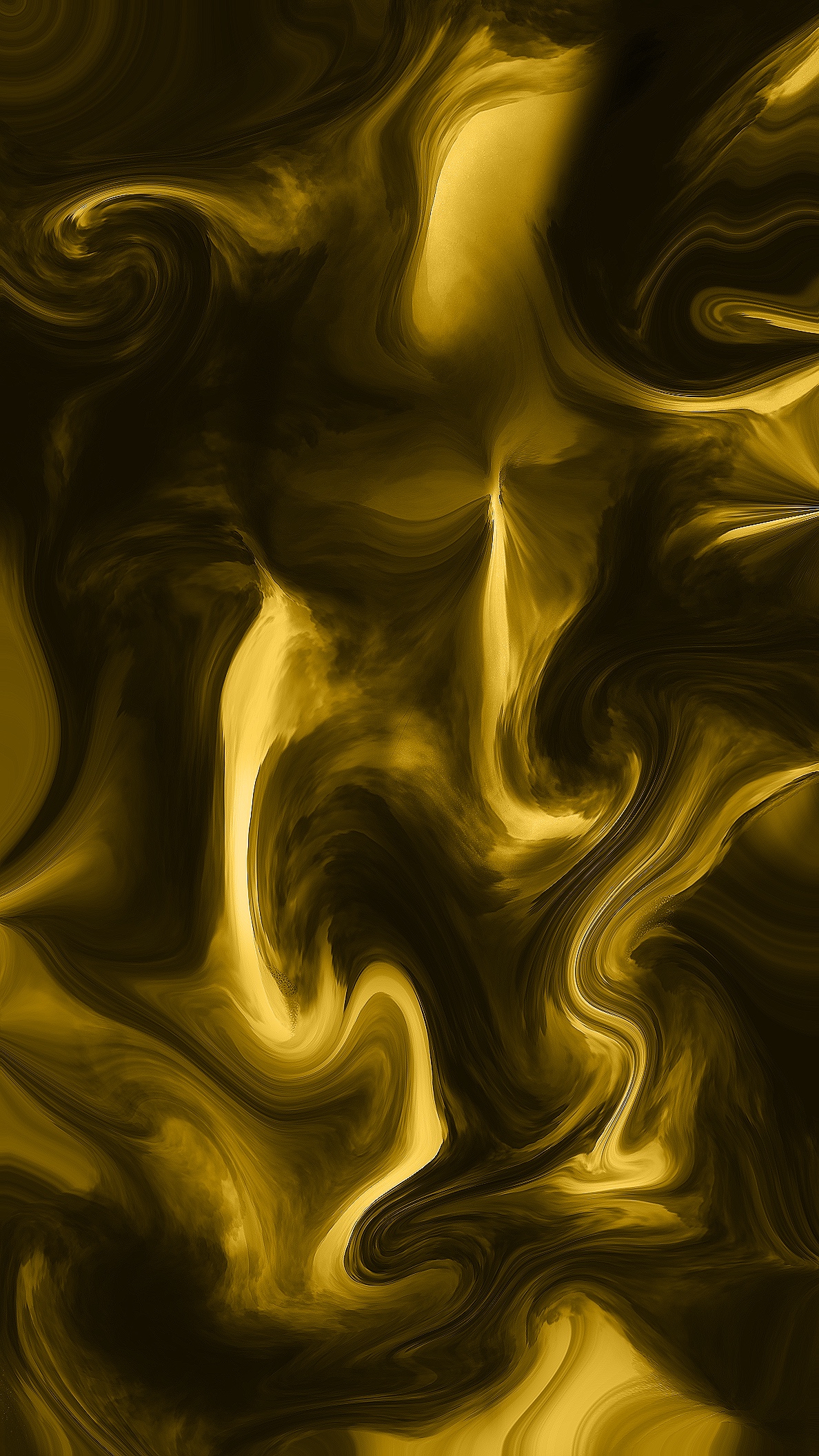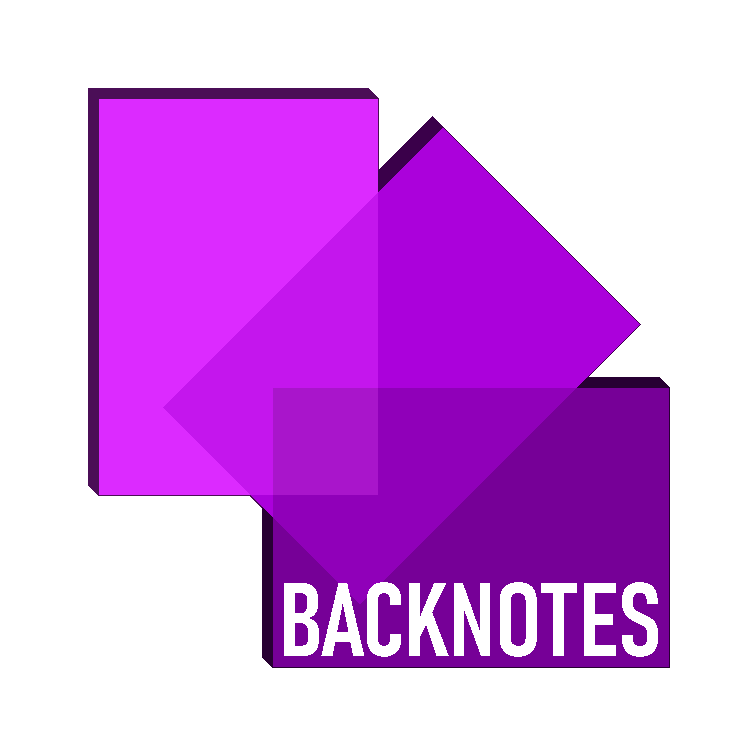
The Basic Economic Activity
Scarcity:
Unlimited wants and limited resources lead to scarcity, scarcity leads to choice.
Basic Needs:
- Shelter
- Food/Water
- Education
- Clothing
- Medicine/Healthcare
Wants:
- Electronics
- Sports Cars
- Upscale Dining
- Designer Items
- Vacations
Any resource that is scarce is known as free goods. Consumers do not need to pay for free goods as they not scarce
Resource allocation:
in words is deciding how best to use scarce resources to scarcity as many needs and wants as possible for example, desert, forest, and the ocean.
Factors of production:
Land :
Natural resources, Land is referred to as gifts of nature or natural resources ex. Gold, oil, water
Labour:
Human skills and effort, labor is defined as physical and mental human skills and effort. Ex. Lawyers, Doctors
Capital:
Man-made resources, capital is referred to as man-made resources which help to produce other goods and services. (e.g. machinery)
Enterprise
Business know-how, business know-how or the ability to run a production process is known as an enterprise. An entrepreneur brings together all the other factors of production. (e.g. Jeff Bezos)
Consumption:
Using up goods and services (products) to satisfy consumers’ needs and wants.
Production:
Using inputs (resources) to make outputs (goods and services) to satisfy the needs and wants of consumers.
Types of Goods:
Consumer Goods:
A consumer good is any good that satisfies consumer wants.
Consumer Durable goods:
Goods that are perishable or are used up quickly
Capital goods:
man-made resources that help to produce other goods and services. (e.g. screwdrivers, factory building)
Public goods:
A public good is a good that is both non-excludable and non-rivalrous, in that individuals cannot be excluded from use or could benefit from without paying for it, and where use by one individual does reduce availability to Other.
Merit Goods:
Goods or services whose consumption is believed to confer benefits on society as a whole greater than those reflected in consumers’ own preferences for them. (e.g. Healthcare, education etc.)
Economic Good Vs Free Goods:
Economic goods:
The economic goods will have some degree of scarcity in relation to demand. It is the sacristy that creates a value people become willing to pay for. (e.g. car, book, etc.)
Free goods:
A free good is a good that is not scarce, and therefore is available without limit and thus people do not pay for them. (e.g. Sunlight, air, etc.)
Opportunity cost:
The benefits/value of the next best alternative forgone. In microeconomic theory, the opportunity cost, or alternative cost, of making a particular choice is the value of the most valuable choice out of those that were not taken.
Production Possibility Curve:
Definition:
Production Possibility Curves (PPCs) show the maximum combined output of two or more products a firm or an entire economy can produce with its available resources. All points within the curve are considered as ‘inefficient’, and all points outside the curve are considered as ‘infeasible or ‘impossible to reach at the moment’
Notes on the PPCs:
- Resources are being used efficiently if they are producing their maximum output
- But, because resources are limited, producing more of one product means producing less of another
- PPCs are therefore a useful way of showing the opportunity cost of producing more of one product in terms of how much of another must be given up
- Economic growth is the increase in the real output of a country. When a country produces more output- goods and services than before, it is moving towards the PPC, and therefore any movement towards the PPC represents economic growth. Another type of growth is when the PPC line itself moves outwards. Economic growth represented by a movement from Point A to Point B is caused by increasing efficiency. Economic growth represented by a shift of the PPC is due to improvements in the quality, quantity of resources, and technology.

Conflicts of Interests:
Choosing between alternative uses of scarce resources, therefore, involves conflicts of interest. People cannot always get what they want and some will be dissatisfied or adversely affected by the choices made by others.
